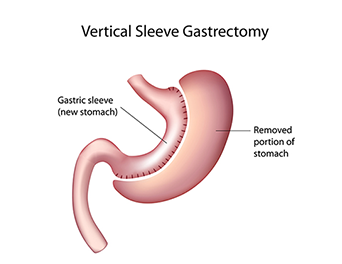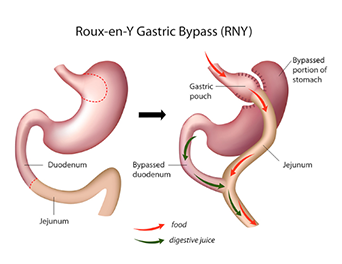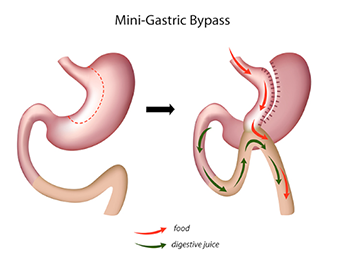
Are you trying to decide which weight loss surgery (obesity surgery) is suitable for you? Then take a look at our quick guide!
Many people choose obesity surgery for obesity problems and they get a healthier life style by losing significant amount of weight. However, there are different methods when it comes to obesity surgery. There are many factors to take the right choice when choosing obesity surgery method. After considering many factors as body mass index, eating habits, having a health problem, previous surgeries and desired weight loss, right choice can be made. We can range suitable candidates for obesity surgery as:
- The ones with body mass index over 35 or,
- The ones with body mass index between 30- 35 and have health issues related to obesity,
- The ones tried diet, exercise and tracking programs for obesity and couldn’t get a result,
- The ones who can get operation and anaesthesia.
They are suitable for obesity surgery. You can calculate your body mass index via
https://www.obezitecerrahi.com/blog/tr/vucut-kitle-indeksi-hesaplama and see if you have obesity.
Different obesity surgery methods are below:
Laparoscopic Sleeve Gastrectomy
Laparoscopic Sleeve Gastrectomy is the most common obesity surgery method as it does not ruin natural food transition and intestinal microbiota. In Laparoscopic Sleeve Gastrectomy approximately 75% of the stomach is taken out permanently with surgery. In this way patient can only eat small portions but still feel full. With Laparoscopic Sleeve Gastrectomy the hormone levels which controls the hunger, fullness and blood sugar changes altogether and this results in patient being less hungry and stay full for a long time. With Laparoscopic Sleeve Gastrectomy patients can lose 60-70% of their excess weight. For this reason this method is very effective.
Since it does not ruin natural food transition and intestinal microbiota, and patients would not need to use mineral and vitamins for the rest of their life, Laparoscopic Sleeve Gastrectomy would be a good choice.
Gastric Bypass
In gastric bypass surgery, the stomach is scaled down and reconnected to small bowel with a certain distance. This obesity surgery method makes patient consume less food and some food cannot be digested fully when they reach to small bowel and this results in less calorie absorption. Gastric bypass patients can lose 70-80% of their excess weight.
There are two different kinds of gastric bypass surgeries. Mini gastric bypass is the method where small bowel is connected to the stomach without any interruption. Roux en Y gastric bypass is where small bowel draws apart and reconnect to stomach with one end and reconnect to the bowel with the other end. Aside from the technical differences, two surgical processes result in similarly.
Gastric bypass surgeries should not be considered as first choice as after surgeries calorie and food absorption and vitamin and mineral absorption are ruined, patients have to use vitamin and mineral lifelong and they will left with a small stomach.








